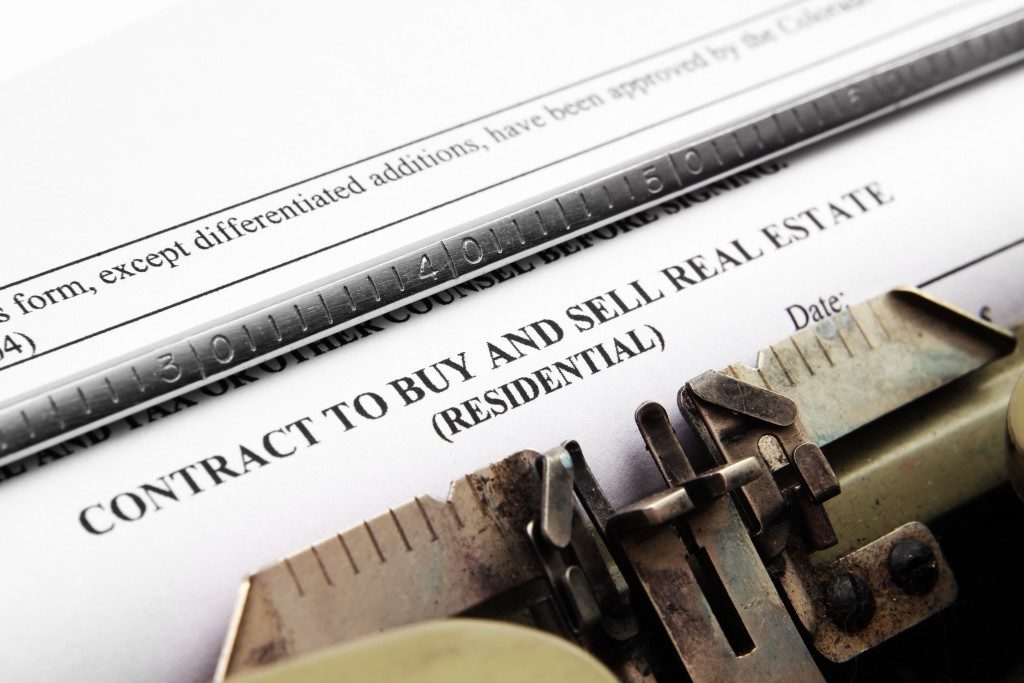Companies usually have to diversify their investments and assets. One example of this is when they have properties. It may be necessary to sell the property with the proceeds to be used for other business opportunities. When the next business investment is another property, this can be a chance to retain capital and at the same time take advantage of the opportunity. With Section103, exchange companies can help many Nevada businesses with their property holdings and defer their capital tax exchange.
Capital Gains Taxes
One reason that companies kept their ownership of land and properties was due to the cost of selling the property as well as capital gains taxes. Real estate sales, as well as sales of stocks, have capital gains taxes. The idea is that the money is put in a capital asset, and when it is sold, the taxes are calculated based on the difference between the selling price and the buying price. The tax due is not based on the total sales price. Among other things, it ensures that there is no dilution of capital if the property or stock is sold at a loss. Besides, the earnings from the sale of the property isthe only amount that is taxed.
A problem occurs if the property is sold to buy another property at a better price. Or if the proceeds of the sales are going to be used for investing in some other property. Section 1031 answers the questions for this type of exchange in property holdings. The law presumes that the property is sold to buy a different property and that immediately after the sale, another property will be purchased. Section 1031 allows the owner to treat the subsequent sale as a continuation of the business.
Requirements
The main consideration is that the owner will sell the old property and immediately buy a new property. The owner has 45 days from the sale of the property to identify another property which would be part of the Section 1031 exchange. After identifying the property which would be bought, the owner has 180 days from the time the original property was sold to buy the identified property.
Additionally, the property to be acquired should be of “like-kind.” This does not mean that the new property is the same as the old one, only that the use will be the same. Both the old property and the new property should be for investment purposes only. They could be for residential purposes, but the owner must lease it to another party. Another consideration is that the property to be acquired should cost more than the old property.
A business is considered a continuing concern. In the same manner, a 1031 exchange is also a continuing concern. It allows the owner to extend the business use of the old property with the newly brought real estate. In essence, this is an upgrade of the property holdings. The provisions for the exchange help a business be more flexible with property investments. Make sure to consider if a 1031 exchange can help you manage your property investments.





